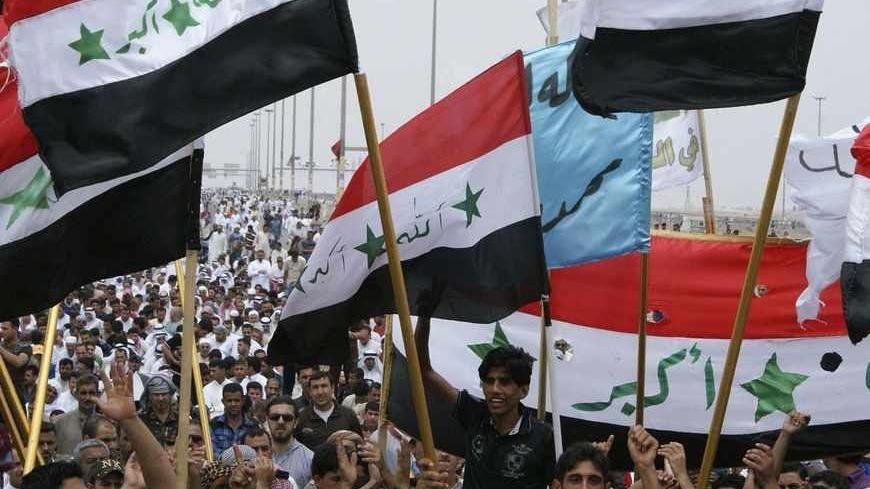There are two conflicting trends at the core of the sectarian dispute that is intensifying in Iraq.
The first trend is influenced by domestic political considerations pertaining to the failure of the Shiite, Sunni and Kurdish forces to develop a governance and state administration formula that would reduce the sense of marginalization or exclusion by some parties that could lead to the division of the country.



